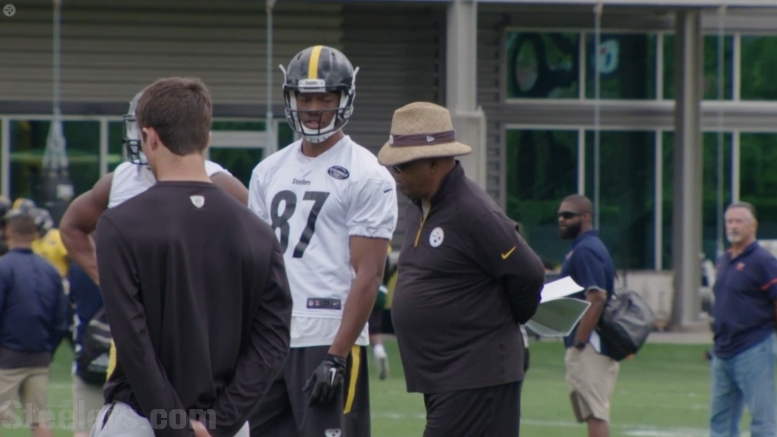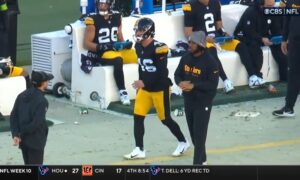The Pittsburgh Steelers are now into the offseason, following a year in which they had high hopes for Super Bowl success, but ultimately fell short of even reaching the postseason at 8-8. It was a tumultuous season, both on the field and within the roster, and the months to follow figure to have some drama as well, especially in light of the team’s failure to improve upon the year before.
The team made some bold moves over the course of the past year, and some areas of the roster look quite a bit different than they did a year ago, or even at the start of the regular season. Whether due to injuries or otherwise, a lot has transpired, and we’re left to wonder how much more will change prior to September.
How will Ben Roethlisberger’s rehab progress as he winds toward recovery from an elbow injury that cost him almost the entire season? What about some of the key young players, some of whom have already impressed, others still needing quite a bit of growth? Will there be changes to the coaching staff? The front office? Who will they not retain in free agency, and whom might they bring in?
These are the sorts of questions among many others that we have been exploring on a daily basis and will continue to do so. Football has become a year-round pastime and there is always a question to be asked, though there is rarely a concrete answer, as I’ve learned in my years of doing this.
Question: How many players and coaches, if any, will decline to participate this Fall due to the coronavirus, and will they have any recourse to gain compensation?
At this point, every major league in the country now has plans in place to resume, or to begin, their season, including the NFL. They hope to have the most normal season of all the major leagues, with no timeline interruptions.
That certainly does not mean that the game will not be altered by the effects of the pandemic, which is looking likely will still be a concern by the time the regular season rolls around. As I wrote about yesterday, they are growing pessimistic about the logistics of fan attendance.
Another thing to consider is the potential for employees to opt not to participate in the season, whether it’s players or coaches. Players typically will be in near-peak physical conditioning, and this is one of the major reasons that the league feels comfortable about moving on as planned, but some may still choose to sit out, especially those with underlying medical conditions, even something like asthma.
Coaches, on the other hand, are a completely different story. Many are in their 60s or even 70s and have genuine health problems that limit them. They will be in rooms with players and on the sidelines, often enough. It’s certainly possible that some may choose to skip the season for health reasons. If they do, will they have an avenue to pursue that would allow them to be compensated even without working, due to their concerns over workplace safety?








